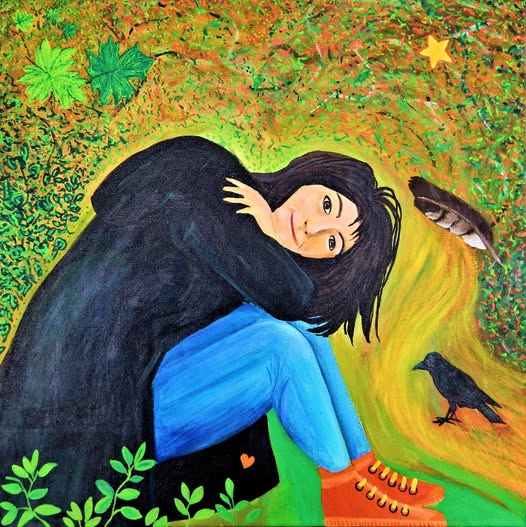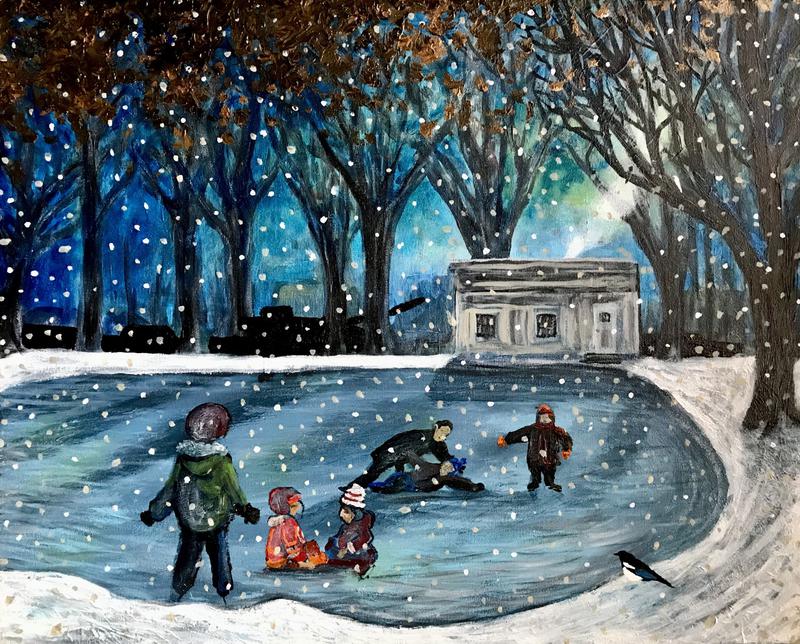XYZ...
Art is Freedom
Virgil Abloh, Figures of Speech
Chicago, MCA Basement Washroom, July 2019
Left Stage, Exit Right...
2026-03-04 Painter's Notes: I stopped by Edmonton City Hall yesterday to hear Mayor Andrew Knack respond to the Alberta budget — just a citizen with a sketchbook, a camera, and a lifelong habit of showing up where democracy still has a pulse. After I recorded the video, the Site Manager of the Northern Alberta Commissionaires sent someone over to inform me that I’m “not allowed” to film press scrums.
Now, here’s where the flavours kick in: There’s always that moment when authority leans in and whispers, “Hey kid, stop pointing that thing at the truth.” It’s the same old dance — power gets nervous when a citizen remembers they’re allowed to watch. And of course, I’m standing there thinking, “Really? Me? I’m the threat? I can barely keep my phone steady, let alone topple an institution.” My inner Fred Shadows is already spiralling into a monologue about existential bureaucracy.
But I kept it calm. I reminded them — politely — that in Canada, free expression is protected under the Charter. Citizens documenting public officials in public spaces isn’t a crime; it’s a contribution. It’s part of how democracy breathes. For nineteen years, I’ve practised free press as an art form — drawing, painting, listening, and showing up in the open air, in faith spaces, in galleries, and yes, in government buildings. Art is how I participate. Art is how I thank the people who keep democratic tools alive. So I’ll keep showing up. I’ll keep listening. I’ll keep documenting. Because #ArtIsFreedom, and freedom doesn’t shrink just because someone in a uniform gets uncomfortable.



